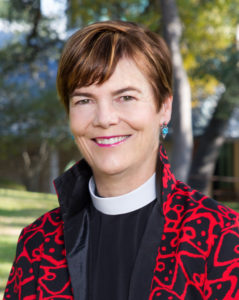A prophet, a poet, a preacher, a dreamer, Martin Luther King, Jr. shared the prophet Isaiah’s dream that the valleys will be lifted up and the mountains and hills made low. He shared the faith of Jesus of Nazareth that the kingdom of God has come near. He preached Jesus who made the wounded whole and healed the sinsick soul.
On Martin Luther King Day this year, I return to read poet Claudia Rankine. She went to my college, Williams College, and teaches at Pomona College where my sister, Pamela, works. It was Pamela who sent me her book, Citizen: An American Lyric, 2014. Reading it I was pulled into the impossible-to-escape, alluring, beautiful, heart wrenching voice of the narrator, reporting on racist aggression, how it feels to be within/ inside herself since she was a little girl in Catholic school and her classmate copied her answers.
You never really speak except for the time she makes her request and later when she tells you you smell good and have features more like a white person. You assume she thinks she is thanking you for letting her cheat and feels better cheating from an almost white person. (Citizen, 5)
I had picked up the book for what she and I had in common, and I couldn’t put it down because of what she knows that I do not.
Claudia Rankine conveys the physicality, the bodily reality of her life:
The body has memory. The physical carriage hauls more than its weight. The body is the threshold across which each objectionable call passes into consciousness – all the unintimidated, unblinking, and unflappable resilience does not erase the moments lived through, even as we eternally stupid or everlastingly optimistic, so ready to be inside, among, a part of the games. (Citizen, 28)
Another friend tells you you have to learn not to absorb the world. She says sometimes she can hear her own voice saying silently to whomever – you are saying this thing and I am not going to accept it. Your friend refuses to carry what doesn’t belong to her. (Citizen, 55)
That’s the bruise in the heart the ice in the heart was meant to ice.
The recurring note of the body and its memory in Rankine’s poem connects me with her. The poet’s painful honesty makes visible what we fear to see. The hurting body that is hers brings into view the wounded body that is the source of faithfulness for Mary, for Thomas, and for Jesus’ other grieving friends. Prophets affirm that this body will be healed by God, that suffering will bring about new life, create a renewed heart. Even now, in this year of darkness and violence, might the prophets and poets and preachers and dreamers still convict us and give us hope.
What does the body remember?
How does the body heal?


